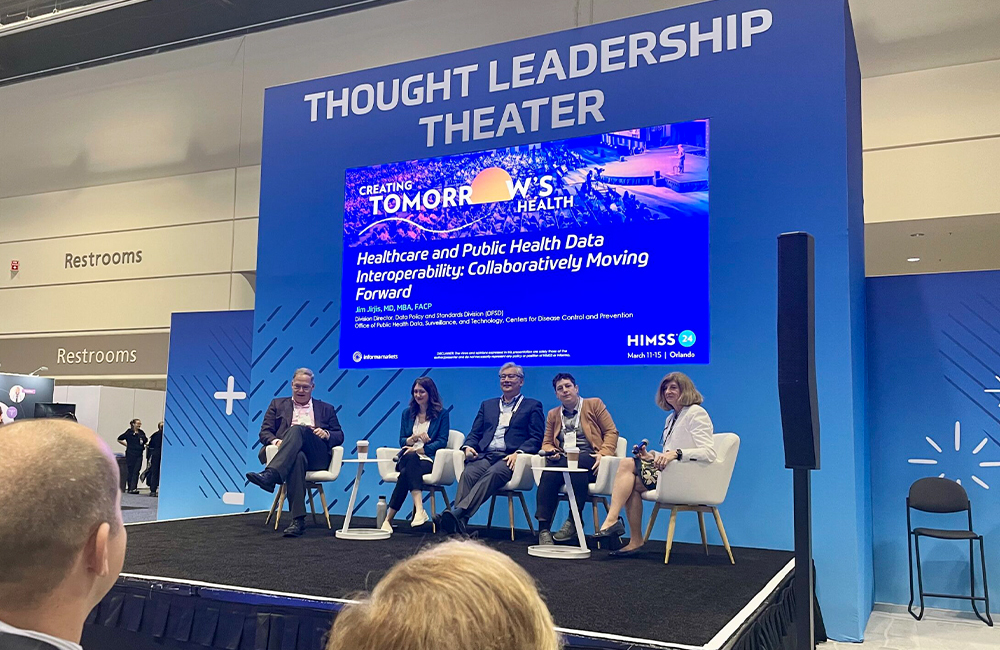FDA Getting Ahead of Supply Chain Threats With New Program
A permanent supply chain program will help the agency prevent shortages of medical devices.

COVID-19 exposed new weaknesses within the domestic supply chain and required agencies to quickly secure critical items needed to combat the pandemic, including personal protective equipment and medical devices like respirators, as well as reduce reliance on foreign manufacturers.
As part of its fiscal year 2022 budget proposal, the Food and Drug Administration plans to allocate $21.6 million in funds to establish a new Resilient Supply Chain and Shortages Prevention Program, a permanent program for U.S. supply chain resilience and shortages prevention for medical devices.
“The pandemic has exposed great weaknesses in the medical device supply chain and its dependence on foreign medical devices,” said the agency’s Acting Commissioner Janet Woodcock in a press announcement. “To ensure the U.S. is properly prepared now, and in the future, we must take action to secure our medical device supply chain, including related materials, parts and components.”
The move follows an earlier supply chain executive order from President Biden issued to advance the manufacturing capacity and availability and integrity of critical goods, products and services in national emergencies.
In late May, FDA submitted a $6.5 billion budget request as part of the White House’s FY 2022 budget — $477 million more than the agency’s fiscal year 2021 funding level, to better support critical public health infrastructure, core food safety, medical product safety programs and supply chain efforts.
“Medical products supply chain issues have been a constant challenge, especially in the height of the pandemic, with critical shortages. We want to continue to play a role in fixing this issue going forward,” Woodcock said during an FDA budget hearing in June.
FDA plans to promote advanced manufacturing to streamline and prioritize inspections and approvals for new domestic facilities by strengthening the domestic supply chain.
“Advanced manufacturing doesn’t use the methods that have been used for 100 years, but uses advanced, continuous methods … These are very innovative and can be brought up much more speedily,” Woodcock said.
FDA’s new program will be housed within the agency’s Center for Devices and Radiological Health (CDRH) and will focus on strengthening the domestic supply chain through investments in preventive measures, identifying potential medical product supply short-falls, and continuing surveillance and rapid intervention.
Overall, FDA’s supply chain strategy is aiming to do three things: detect illegitimate products, prevent them from entering the supply chain, and rapidly respond when they are found, FDA Office of Drug Security, Integrity and Response Director Leigh Verbois told GovernmentCIO Media & Research last month.
“We’re working to develop an enhanced system along with stakeholders. FDA requires that the development of the enhanced system across the supply chain will be complex, and the elements described in our recent guidance on the system at the package level are important parts of this robust system,” Verbois said.
Under the new program, FDA will build on the work done to implement the Coronavirus Aid, Relief, and Economic Security Act (CARES Act) during the COVID-19 pandemic. The CARES Act gave the FDA, for the first time, statutory authority intended to help prevent or mitigate device shortages during, or in advance of, a public health emergency.
“These new authorities have enabled the agency to collect information submitted by manufacturers about supply chain disruptions to help prevent and mitigate the impact of critical shortages caused or exacerbated by the COVID-19 pandemic. However, the statutory authorities relating to device shortages are more limited than those available to respond to drug shortages,” Woodcock said in the announcement.
By establishing a permanent program, FDA will be able to create a dedicated, long-term effort to continually strengthen resilience and security, as well as eliminate the risk of medical device supply chain shortages.
“We look forward to continuing to work with Congress to ensure the FDA has the resources and authority it needs to carry out our vital public health mission to protect and promote the public health,” Woodcock said.
This is a carousel with manually rotating slides. Use Next and Previous buttons to navigate or jump to a slide with the slide dots
-

CDC Updates Public Health Data Strategy
Accelerating data sharing through capabilities like electronic case reporting make up a large portion of the new two-year plan.
3m read -

How VA is Using Digital Services to Expand Care to Veterans
CIO Kurt DelBene says the the agency’s 2024 priorities included AI adoption, hiring and a better user experience for veterans.
30m listen -

How AI, Digital Transformation in Health Care Compare Around the World
HHS and EU officials contrasted the different frameworks for emerging technology and the challenges that remain.
4m read -

Health Agencies Tout Standards in Data Sharing, Interoperability
Officials from CMS, ONC and HHS spoke about data standards and how to help smaller health organizations make modernization progress.
3m read




